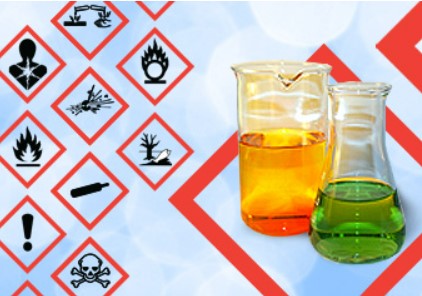

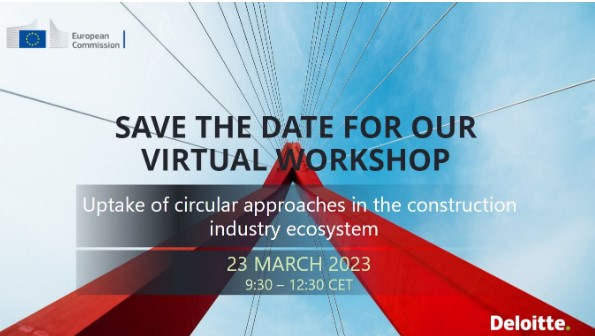
EC workshop on the uptake of circularity approaches in the construction industry ecosystem
As part of the European Commission’s Study on measuring the application of circular approaches in the construction industry ecosystem a Virtual Workshop is organised on 23 March 2023. In this workshop, guest speakers from the construction ecosystem will present exemplary cases where circularity approaches have been implemented by the construction industry and participants will discuss the way forward towards making the industry more circular based on the study’s preliminary findings.
Transition Pathway for a resilient, greener and more digital construction ecosystem
EFCC welcomes the Transition Pathway for a resilient, greener and more digital construction ecosystem launched by the European Commission today in the framework of the 3rd meeting of the High Level Construction Forum. Construction is the second largest industrial ecosystem in the European Union in economic terms and, together with other industrial ecosystems, it must transform its business models and value chains to become the foundation of a green, digital and resilient European economy. The European Commission pointed out that this Transition Pathway has to be considered as a handbook, a vision developed together with all stakeholders, and it can be improved and adapted in the future.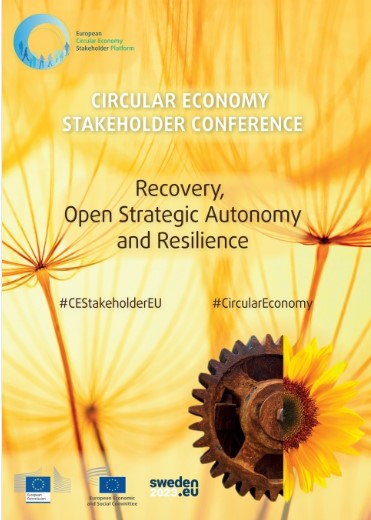
EU Circular Economy Stakeholder Platform Annual Conference 2023
The two-day event will present how the circular economy can help in building resource independence and resilience while ensuring that policy objectives are linked to sustainable consumption and production. There will also be a breakout Session on “Transition to Safe and Sustainable Chemicals” that is taking place on 27 February 2023 between 14.00 and 15.20.
The negative impacts of the blanket Mixture Assessment Factor (MAF)
The introduction of a blanket Mixture Assessment Factor (MAF) would have substantial negative impacts on EFCC members with questionable benefits. EFCC, together with DUCC members, prefers that the MAF applies only to substances that contribute to the mixture toxicity.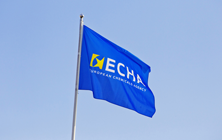
ECHA webinar - Completeness check of REACH registration dossiers
In this webinar of 8 February 2023 ECHA will explain what changes REACH registration dossiers in 2023 and how you can prepare for it.
The importance of sustainability in the construction chemicals industry
Interview with Eric Dehasque, President of the European Federation for Construction Chemicals (EFCC) One of the main reasons for the revision of the European Construction Products Regulation was to better address sustainability challenges: improve the sustainability performance of construction products and enable the construction ecosystem's contribution to meeting climate and sustainability goals. Considering sustainability is not new to the European construction chemicals industry, EFCC members have been committed for many years to delivering sustainable, safe and resource efficient solutions. Below Mr Dehasque talks about his experience on how sustainability is perceived in the construction chemicals sector.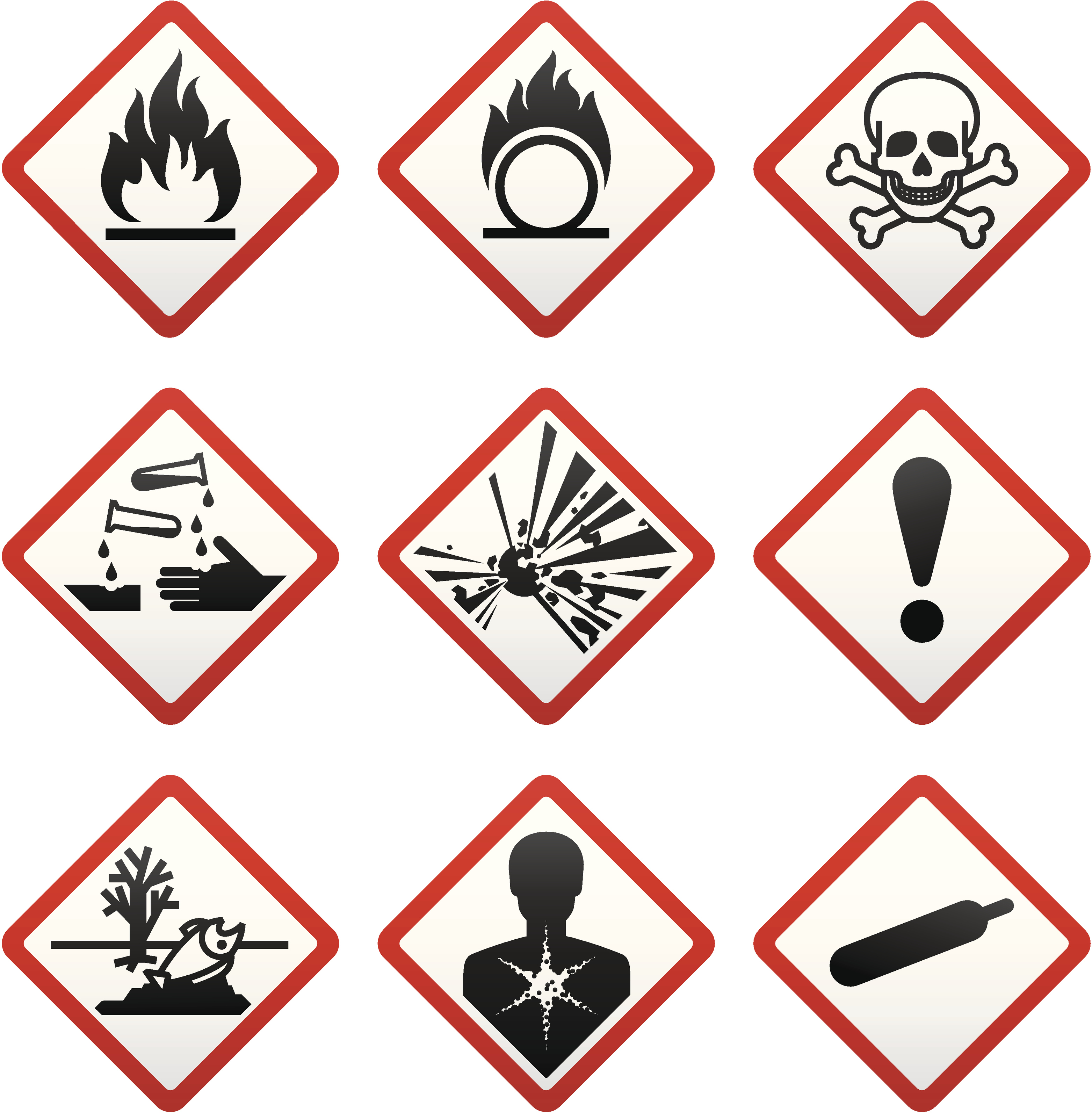
Proposal for a revision of the Regulation on classification, labelling and packaging of chemicals (CLP) published
On 19 December 2022, the European Commission published the Proposal for a revision of the Regulation on classification, labelling and packaging of chemicals (CLP) and introduced new hazard classes for endocrine disruptors and for chemicals that do not break down in the environment and can accumulate in living organisms. The new hazard classes under CLP will be introduced without amending the UN GHS framework which leads to a deviation of the EU framework from the global system of classification and labelling. EFCC warned that the international regulatory divergence will create obstacles to economic growth and global trade.
EC Safe and Sustainable by Design recommendation adopted
Today, the European Commission adopted a recommendation and its annex to promote a framework to assess safety and sustainability of chemicals and materials. The proposed European framework sets a common baseline for evaluating safety and sustainability. It is considered an important step to increase the protection of human health and the environment against hazardous substances.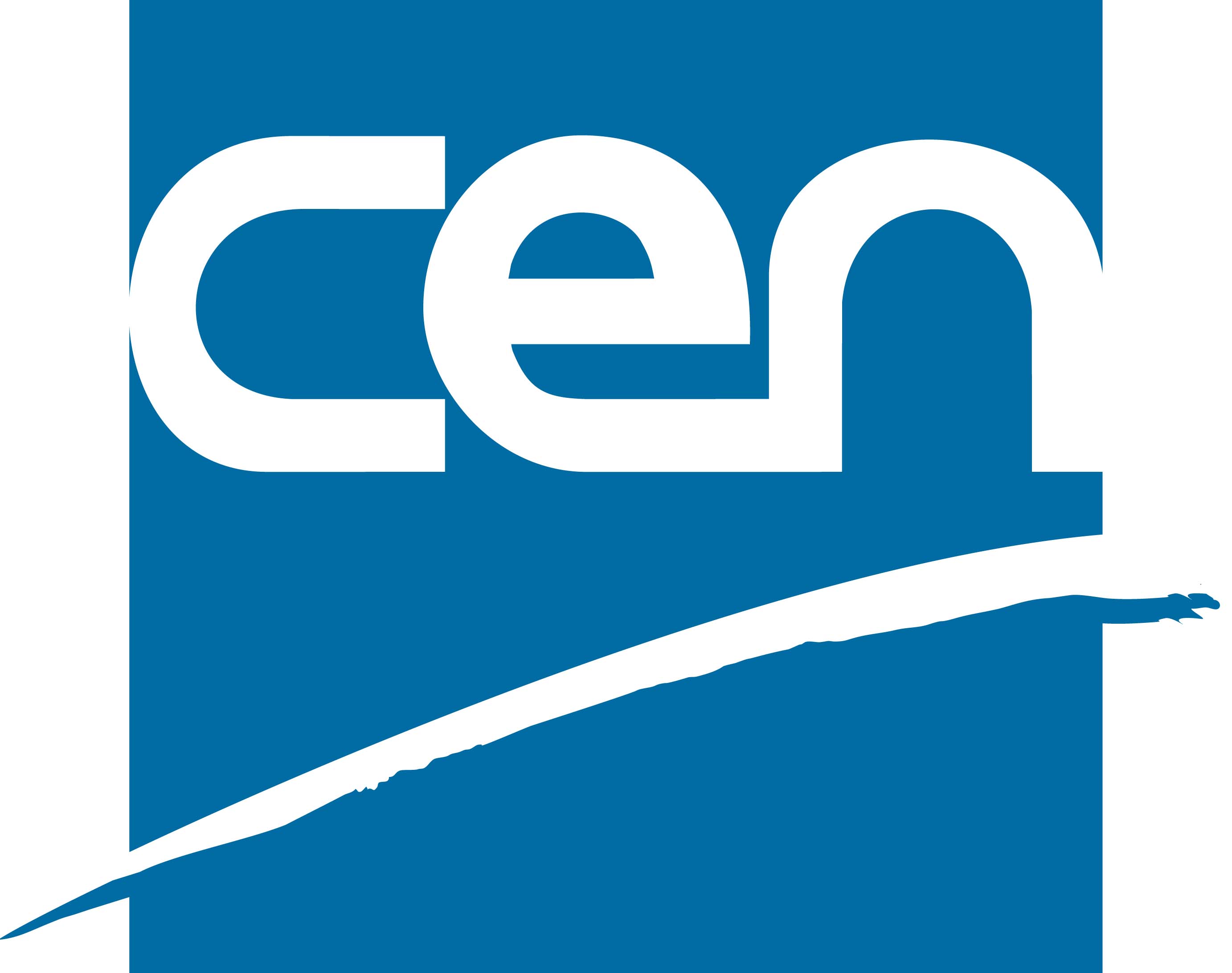
Re-start of the Harmonised Standards Consultant (HAS) assessment system
CEN organises a webinar on the HAS assessment system that restarted in October. The aim of the webinar is to: Do a recap of the tasks and responsibilities of the HAS contractor and consultants, as well as the existing processes and flows, and Present the novelties of the HAS assessment system.Pagination
Pagination
- Previous page
- Page 2